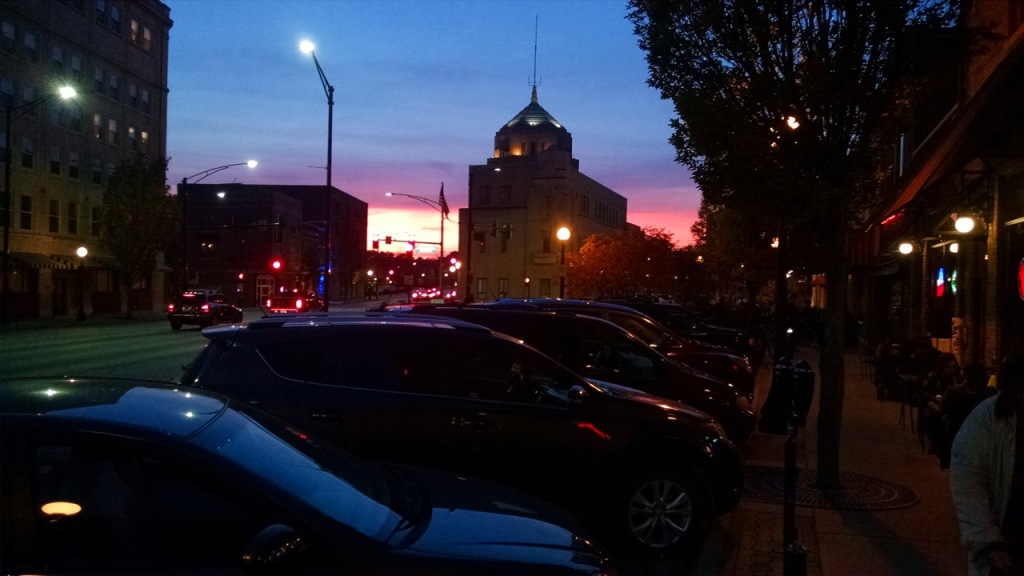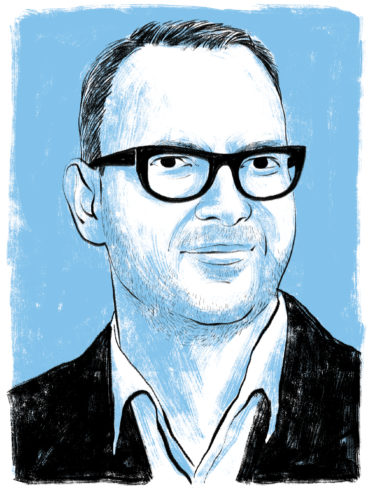The Innocent Pleasure of Trespassing: a delightful essay by Nick Slater.
“Trespassing is an act of resistance against this slow strangulation of our living spaces. Human beings should be free to wander where they please—indeed, for much of our history, this has been taken for granted. Nomadic and semi-nomadic civilizations like the Plains Indians or the Turkic tribes of the Eurasian steppe weren’t the only ones to prize freedom of movement; those who insist such a concept is incompatible with the property-loving values of Western civilization may be interested to know that ‘the right to roam’ has been ingrained in the cultures of many Northern and Central European countries for centuries.”

 Do municipal taxes bring in enough money to maintain our urban and suburban infrastructure? In the densest urban areas, probably yes. Otherwise, generally no.
Do municipal taxes bring in enough money to maintain our urban and suburban infrastructure? In the densest urban areas, probably yes. Otherwise, generally no.